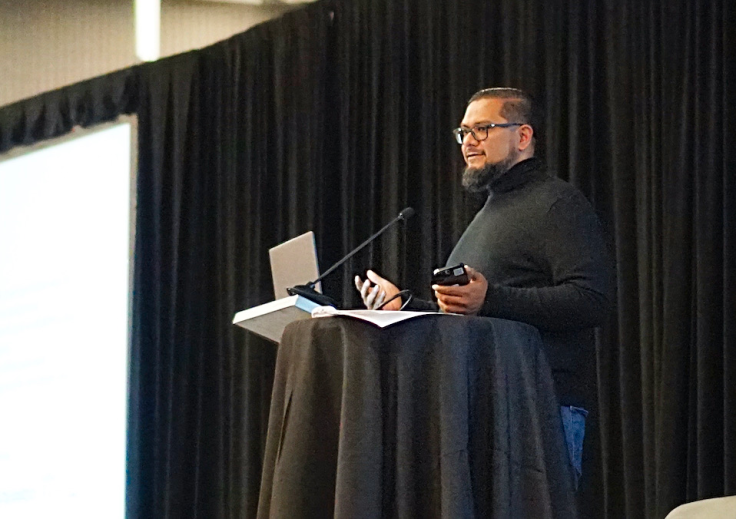UAE's FalconLM Is a Step in the Right Direction, Says AI Advocate Ahmed Reza
The United Arab Emirates has been making significant strides in the global AI ecosystem over the past years, positioning itself as an emerging leader. Now, the Technology Innovation Institute (TTI) of the Arab Emirates has released what could be one of the most powerful open-source Large Language Models (LLM), which experts like Ahmed Reza believe to be a step in the right direction.

Named FalconLM by its developers at TII in Abu Dhabi, the model recently became globally available to researchers and developers looking to improve their natural language processing, machine translation, and text generation research. Right now, the model's 40b version sits in first place on the Hugging Face Open LLM Leaderboard, surpassing the previous leader (Meta AI's LLaMA) despite being considerably smaller.
"I believe that FalconLM's release is a positive step towards advancing the global AI ecosystem. The model opens up new possibilities for researchers and developers worldwide, fostering innovation and collaboration due to its open-source nature," says Reza, who founded AI startup Yobi back in 2018. "As an entrepreneur and advocate for AI development, I believe that open-source is the right way to go if we want to ensure widespread adoption of innovative AI technologies."
Reza has made a name for himself over the past years as an authority on AI development not only due to Yobi's success but also for his efforts to promote collaboration among entrepreneurs and developers. Having visited the Middle East in the past, Reza has established strong connections with local leaders and experts, which has allowed him to become a champion for international collaboration in the field.
"I've been keeping a close eye on the Middle East's AI ecosystem for the past decade and have been fortunate to witness it firsthand when I visited last year," explains Reza, who frequently collaborates with entrepreneurs in the Middle East region, including those from the UAE, Saudi Arabia, and Israel. "It's through cooperation that we can truly unlock the full potential of AI and address the ethical, social, and regulatory aspects that come with it."
Through his collaborative efforts, Reza has been able to become a bridge between the West and the Middle East, allowing both regions to benefit from each other's experiences and perspectives. Through an upcoming virtual conference with Middle Eastern leaders set to take place on May 30th, Reza will have an opportunity to share his insights while pushing for collaboration at a higher level.
"The development and license of FalconLM are an example of how both regions are already collaborating at the academic and entrepreneurial levels to push the boundaries of AI innovation," adds Reza. "Unfortunately, collaboration at this level can only take us so far, we need to scale up collaboration across political, governmental, and industry sectors."
Collaboration between governments has been lacking over the past years when it comes to AI regulation, with most countries choosing to tackle the challenge at the local level. However, a shift seems to be happening as the European Union is expected to pass legislation on AI next month, while countries in the G7 have announced a meeting on AI regulation will be held on May 30th.
"I would love to see the Middle East joining this international conversation," concludes Reza. "By actively participating in international discussions and collaborating with other regions, the Middle East can contribute its unique perspectives and expertise, while also benefiting from the knowledge and best practices shared by global stakeholders."





















